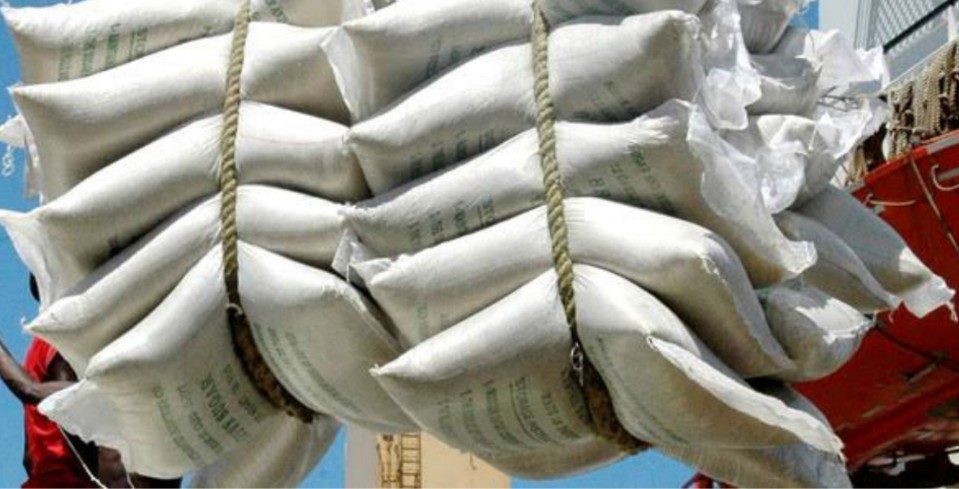The Nigerian government has prohibited the importation of refined sugar and its derivatives from the nation’s Free Trade Zones (FTZs).
The government announced the ban in a directive from the Ministry of Industry, Trade and Investment to the Nigerian Ports Authority (NPA), Lagos Port Complex, Apapa, Lagos.
NPA in a letter signed by Buba Jubril for the Port Manager, Lagos Port Complex said, the ban is to protect the sugar industry, which is governed by the Nigerian Sugar Master Plan (NSMP).
“It has recently come to our notice that due to the recent location of a Sugar Refinery in a Free Trade Zone, Refined Sugar is being imported into the Nigerian Customs Territory under the concession granted to enterprises in the Free Trade Zones to export 100% of their output to the Nigerian Customs Territory, and this is real potential threat to the goals of the Nigerian Sugar Master Plan (NSMP),” NPA said.
“The Nigeria Sugar Industry is governed by the Nigerian Sugar Master Plan (NSMP). The NSMP provides a framework for motivating investment in the local production of Refined Sugar by securing the Nigerian Sugar market for investors in the Backward Integration Program (BIP).
“It does this by providing import sugar allocations for Raw Sugar to recognised investors based on the performance on the BIP and guided recognition of their installed refining capacity.
“Your Terminal is hereby informed by this letter that, in order to protect our national interest and ensure the returns in the Federal Government’s investment in the NSMP are realised, and in line with extant laws and regulations of the Federal Government of Nigeria, importation of Refined Sugar and all other sugar derivatives from the Free Trade Zones into the Nigerian Customs Territory are here prohibited by the Honourable Minister, Ministry of Industry, Trade and Investment,” the NPA letter stated.
“In view of the above, your terminals are by this letter directed to ensure strict compliance with this directive.”
